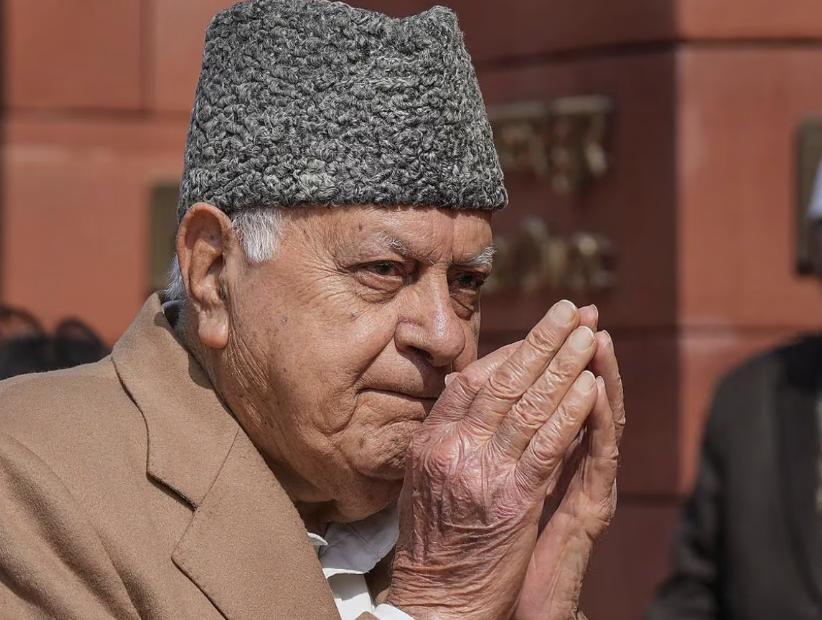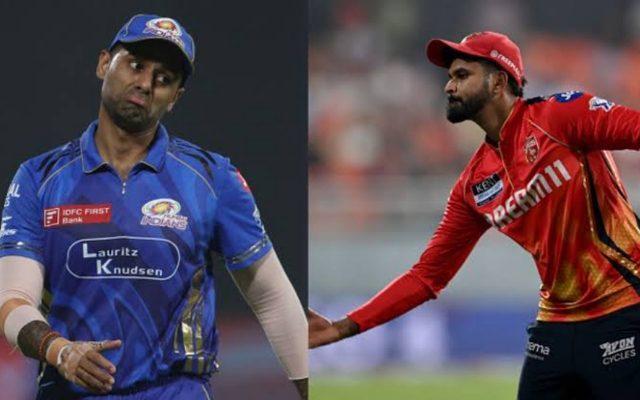
Ex-R&AW chief Dulat claims Farooq privately backed Article 370 abrogation, he denies
The abrogation of Article 370, which granted special status to Jammu and Kashmir, has been a contentious issue in India for many years. The decision, taken by the Government of India in August 2019, has been met with both praise and criticism. Now, a new claim has emerged that suggests that former Jammu and Kashmir Chief Minister Farooq Abdullah may have privately backed the move.
According to former R&AW chief A.S. Dulat’s new book, “The Chief Minister and the Spy”, Abdullah, who was the Chief Minister of Jammu and Kashmir from 1987 to 1990 and again from 1996 to 2002, privately supported the abrogation of Article 370. Dulat, a seasoned intelligence officer who served as the chief of the Research and Analysis Wing (R&AW) from 1999 to 2000, claims that Abdullah’s National Conference (NC) had suggested that the move could help in passing the Bill.
However, Abdullah has denied the claim, calling it a “figment of imagination of the author who claims to be my friend”. Abdullah’s denial has sparked a controversy, with many questioning the motives behind Dulat’s claim and whether it is an attempt to tarnish the image of the former Chief Minister.
Dulat’s book, which is set to be released soon, is expected to be a tell-all account of his experiences in the intelligence world. The book reportedly includes details of his interactions with top politicians, including Abdullah, and sheds light on the intrigue and politics that surround India’s intelligence agencies.
Abdullah, who is currently the President of the Jammu and Kashmir National Conference, has been a vocal critic of the Centre’s decision to abrogate Article 370. He has accused the Government of India of violating the Constitution and betraying the trust of the people of Jammu and Kashmir.
In his denial, Abdullah said that he had always been opposed to the abrogation of Article 370 and had fought against it throughout his career. He also questioned Dulat’s credibility, saying that the former R&AW chief’s claims were “unfounded and unverifiable”.
The controversy surrounding Dulat’s claim has sparked a debate about the role of intelligence agencies in Indian politics. Many have questioned whether intelligence officers should be allowed to share their personal opinions and biases in public, and whether this could potentially compromise the integrity of the agencies.
Others have argued that Dulat’s claim is an attempt to influence public opinion and undermine Abdullah’s credibility. They point out that Dulat, who has been a vocal supporter of the Centre’s decision to abrogate Article 370, may have a personal stake in discrediting Abdullah and the NC.
The controversy also highlights the complex and often fraught relationships between intelligence agencies and politicians in India. While intelligence agencies are supposed to provide objective information to the government, they are also often involved in political intrigue and manipulation.
In conclusion, the controversy surrounding Dulat’s claim about Farooq Abdullah’s alleged support for the abrogation of Article 370 highlights the complex and often contentious nature of Indian politics. While Dulat’s claim may be an attempt to influence public opinion, it also raises important questions about the role of intelligence agencies in Indian politics and the extent to which they should be allowed to share their personal opinions and biases in public.
Source:
https://repository.inshorts.com/articles/en/PTI/5880e3bf-0a05-40d6-887a-465b5c760b3a






